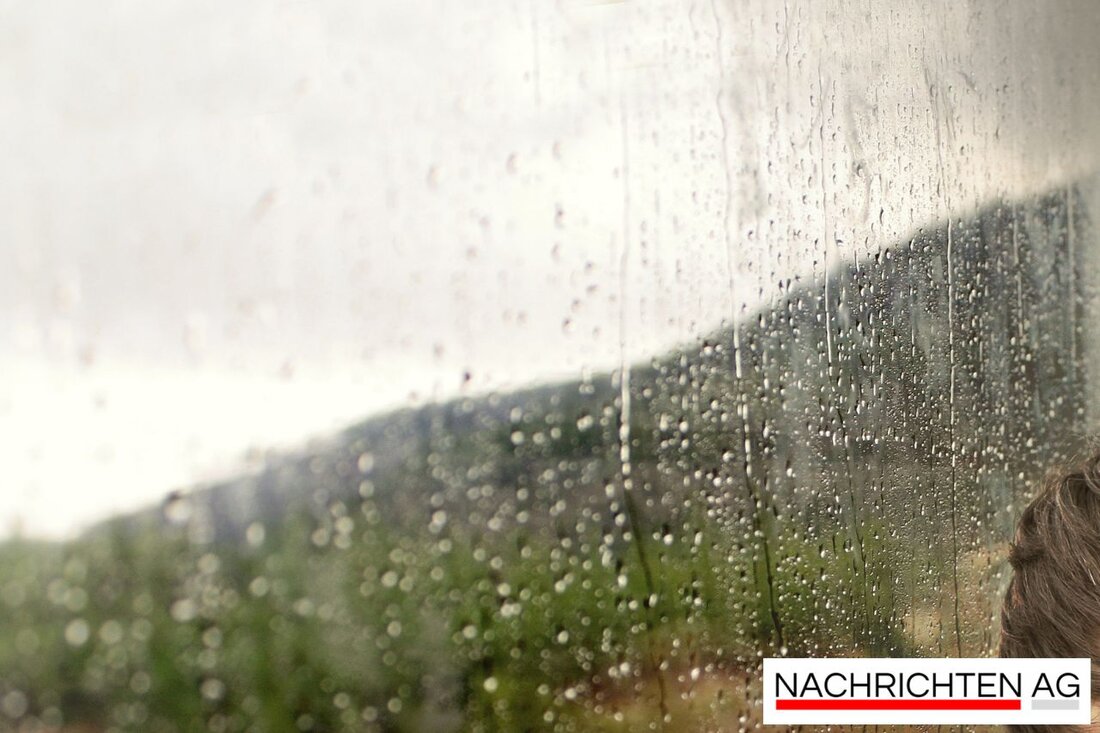Future of meat consumption: more animal welfare, higher prices?

Future of meat consumption: more animal welfare, higher prices?
Mühldorf, Deutschland - A German discounter plans to offer only fresh meat, milk and chilled meat and sausage products from husbandry forms 3 (fresh air stable), 4 (spout/pasture) and 5 (organic) from 2030. The aim of this initiative is to convert German agriculture to more animal welfare. Rosenheim24 reports that Tönnies, the largest meat processor in Germany, also reports new suppliers Home level 3 is looking for. This movement shows the increasing demand for animal welfare products that are increasingly becoming the focus of public interest.
The currently planned changes raise significant challenges. Gerhard Langreiter, deputy BBV district chairman in the Mühldorf district, emphasizes the need for a acceptance asset over at least 10 years for farmers in order to make the switch to posture form 3 more attractive. Many farmers have already rebuilt stables for over one million euros, but are there without a secure acceptance. In addition, the conversion of a stable brings with it long -term planning that can take up to 25 years.
legal requirements and market requirements
Langreiter notes that the close legal requirements for the conversion of stables make certification difficult. These difficulties are also reflected in the market: Currently, meat products from straw pigs of husbandry level 3 are sold in the special offer, which could be a sign of a saturated market. Many consumers are price -conscious and shy away from paying higher prices for animal welfare products. Consumers' statements show a split image regarding the price readiness:
- Joschua Hatnik: Higher prices for good goods are acceptable.
- Marion Merkl: Animal welfare should be a matter of course, more controls needed.
- Manfred Reinhart: Buses regionally, misses pasture.
- Elke Kindsmüller: No meat consumption for ethical reasons.
- Karin Zieglgänsberger: pay attention to the best meat quality and good animal husbandry.
- Elisabeth Nicklbauer: High meat consumption is often restricted by price considerations.
consumers actually attach increasing importance to improving the keeping of farm animals and make conscious purchase decisions. This is supported by the form of posture marking, which was developed by the "Initiative Home Form" project. This labeling offers orientation and divides the forms of husbandry into five stages. Highing form 1 to 5 ranges from statutory stable farming to the highest level of the bio ecological attitude, which places more demanding criteria on animal husbandry. The initiative animal welfare defines the most important features of the steps, such as space, access to external climate areas, feeding and control mechanisms.
animal welfare in the focus of society
The term “animal welfare” has become increasingly important in Germany, although so far there is no uniform definition or systematic recording of the health and well -being of animals. Criticism of livestock farming comes not only from environmental and animal welfare associations, but also from specialist scientists. An expert opinion from 2015 emphasizes that the posture conditions are not future -proof and demands profound changes in animal rearing. Agriculture.de reports that animal protection is anchored in the Basic Law, but the legal framework for attitude and dealing with animals is not sufficient.
With the project "National Animal Welfare Monitoring" (Natimon), an approach is sought to make animal welfare measurable. The results of this project were handed over to the Federal Ministry of Food and Agriculture in June 2023, but the approach was not pursued. At the EU level, the development of animal welfare indicators is being used to significantly improve the conditions of animal husbandry in the future.
| Details | |
|---|---|
| Ort | Mühldorf, Deutschland |
| Quellen | |
